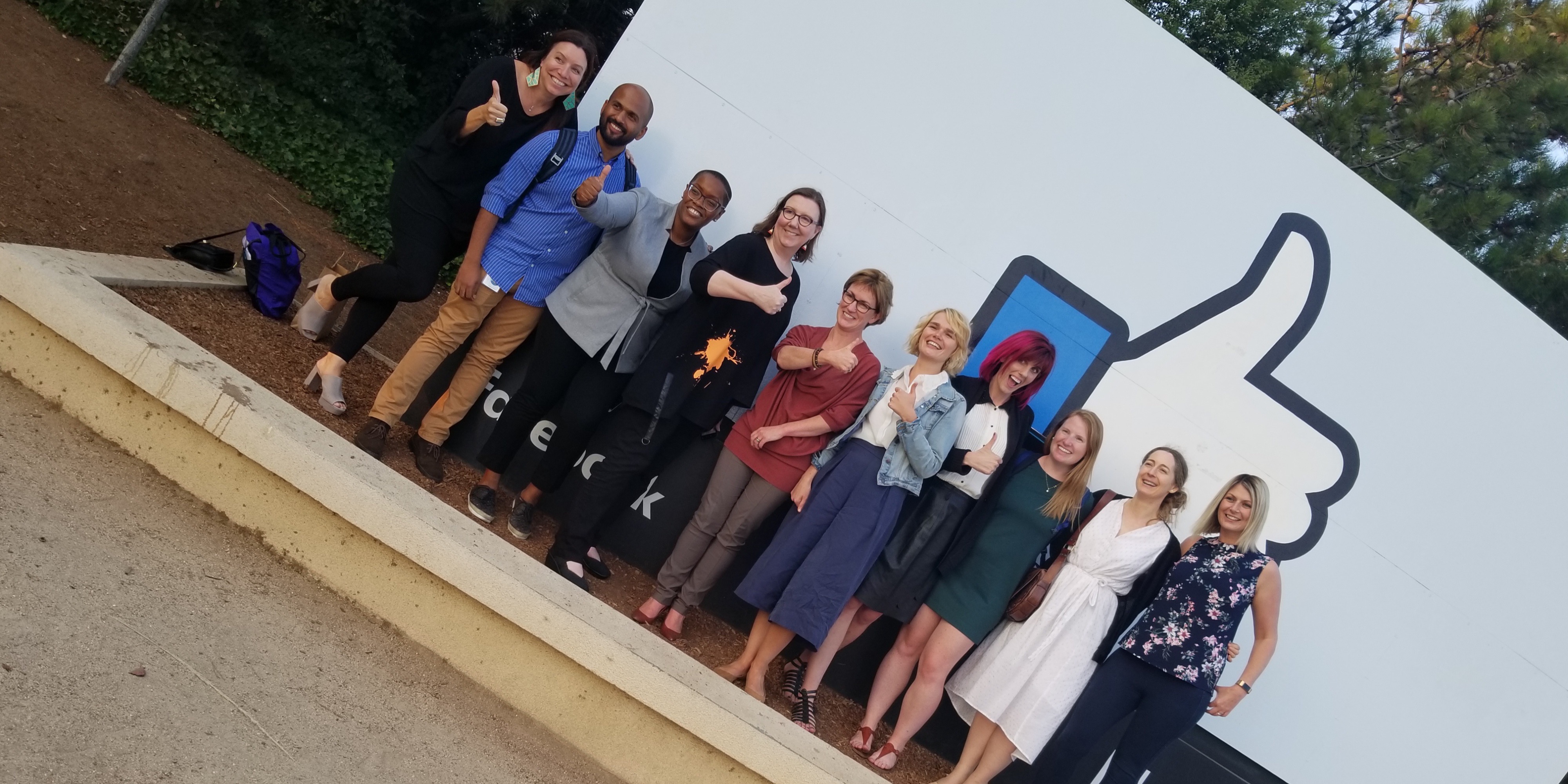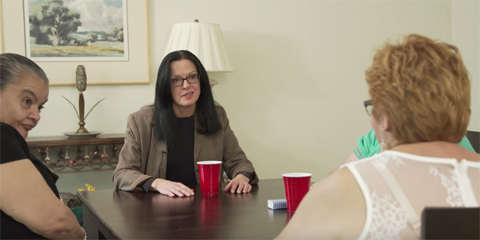News Archive
Research
-

Assistant Professor Jordan Davis sheds light on the complex connection between substance use, social-emotional skills and sexual violence among teenagers.
-

Assistant Professor Jordan Davis is developing new digital mindfulness-based interventions to help address PTSD symptoms and substance abuse among military veterans.
-

Findings from a study conducted by researchers at the USC Edward R. Roybal Institute on Aging at the USC Suzanne Dworak-Peck School of Social Work suggest that higher dementia prevalence among racial and ethnic minorities—particularly among Latinos—is connected to lower educational attainment.
-

Clinical Associate Professor Kristen Zaleski sheds light on the harmful psychological effects of non-consensual image sharing—and what can be done to alleviate the phenomenon of online sexual harassment.
-

Suzanne Wenzel has devoted years to studying homelessness – in particular, how putting a roof over someone’s head can improve their entire well-being. However, a new report from the National Academies of Science, Engineering and Medicine concluded there’s not been nearly enough research done on the topic.
-

Service men and women who feel disenfranchised may be prone to extremist ideologies and violent behavior, according to emergent research.
-

The 45-page report from the USC Suzanne Dworak-Peck School of Social Work’s Sexual Harassment Task Force was meant to spark dialogue and a longer process of cultural change. But in the month or so since its publication, many already have found ways to implement some of the recommendations.
-

In the wake of a number of high-profile suicides, we’re exploring the social and cultural factors that contribute to the prevalence of suicide among men—and a few tactics for helping friends and family who may be struggling with mental illness.
-

Childhood obesity is an epidemic in the United States — but research indicates that for adolescents of low economic status and those in the child welfare system, health outlooks may be especially bleak.
-

By preparing for the challenges that come with re-entering the labor force, military service members can transition into a civilian career that is both financially stable and personally fulfilling.
Transitioning from active duty to a civilian career path often comes with a variety of unanticipated challenges. In addition to the new financial burdens of housing and health care, veterans often face difficulty finding their place within a job market that values traditional work experience over the skills gained during military service.